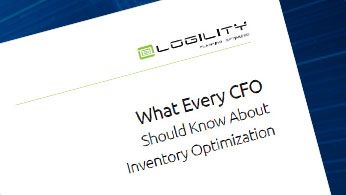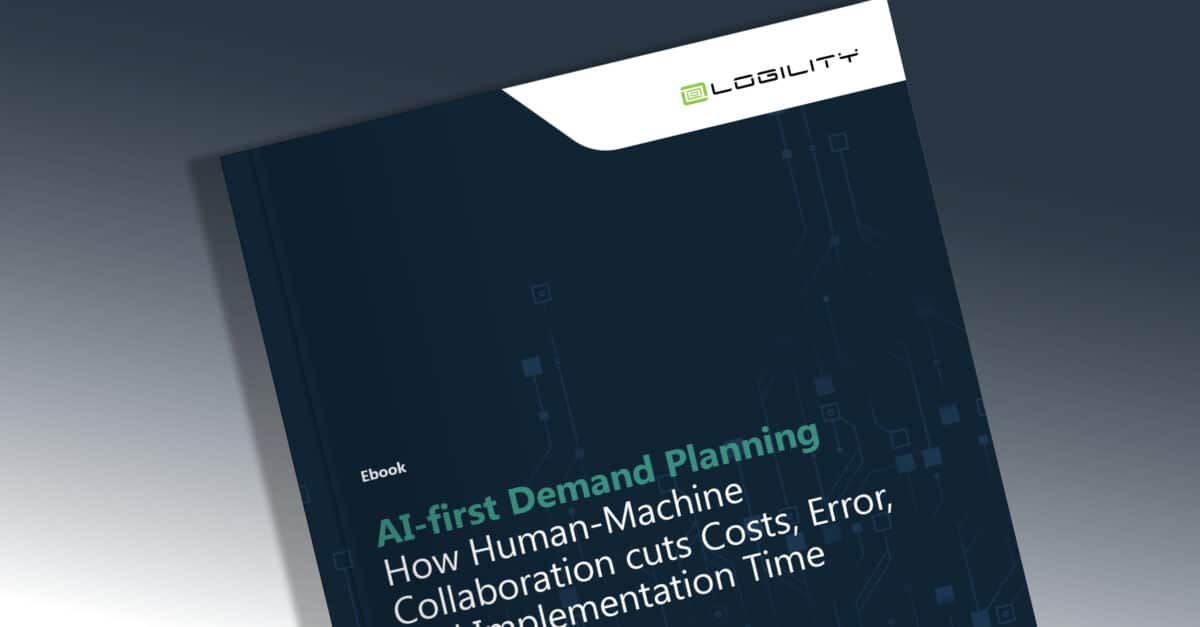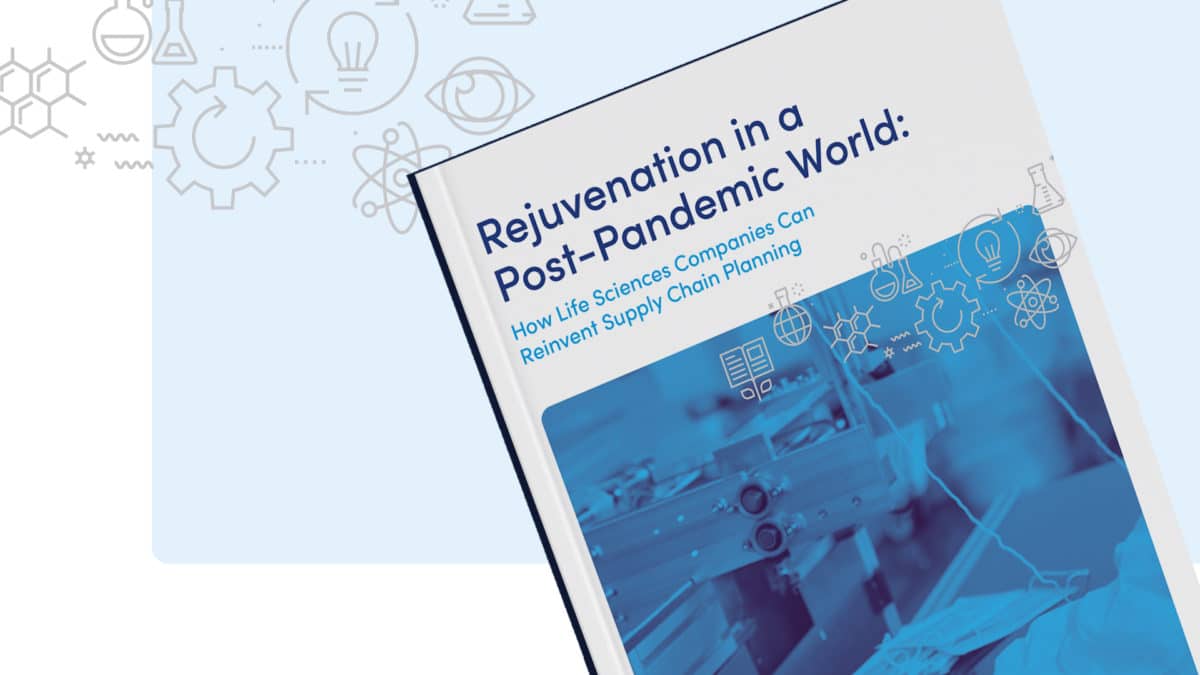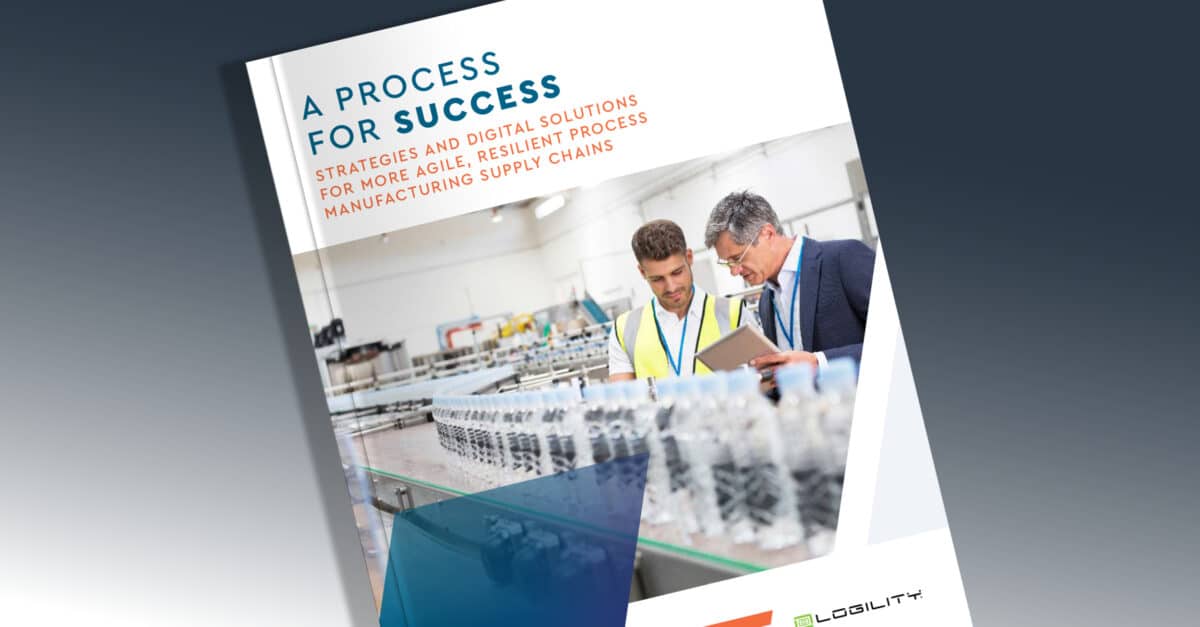What Every CFO Should Know About Inventory Optimization

Description
Studies show that a majority of CFOs believe the supply chain and inventory optimization is directly linked to their ability to meet corporate objectives. As the guardian of market value, no one is better positioned to transform supply chain management than the CFO. The supply chain is a natural focus for CFOs because it determines where a major amount of cash flow will be derived and where a major amount of capital will be consumed.
CFOs across the board agree that it is imperative to transform the supply chain into a high-performance competitive advantage. Given that many have varying levels of experience with inventory optimization (IO), this white paper provides a few facts that every CFO should know, including:
- Top concerns of senior supply chain executives are shifting to customer service requirements
- The unique value of IO to the overall supply chain. How exactly does it reduce inventory and increase customer service?
- ERP and Advanced Planning and Scheduling (APS) systems do not optimize inventory across the supply chain
- Inventory optimization can move the organization to an entirely new trade-off curve between inventory cost and service level goals
- What role should the CFO play in IO initiatives?
- The gap in business perspective and communication styles between supply chain practitioners and members of the senior staff must be bridged
This white paper provides a few supply chain facts that every CFO should know, including how inventory optimization can free up working capital and increase customer service, and why ERP systems alone cannot optimize inventory across the supply chain.
Complete form to download White Paper
This site is protected by reCAPTCHA. Google Privacy Policy and Terms of Service apply.


